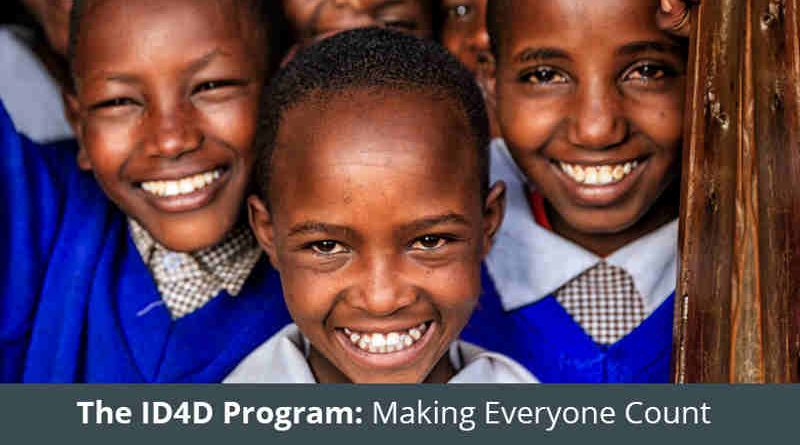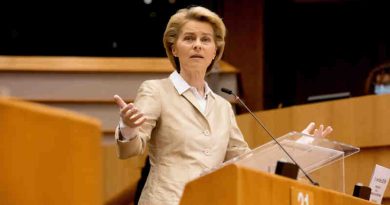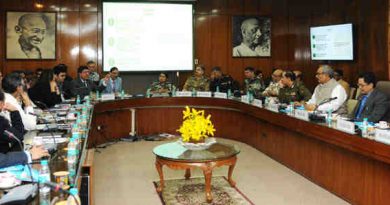World Leaders Unite to Provide Digital Identification to All

Leaders from government, business, international organizations, civil society, and the humanitarian community have called for greater multistakeholder cooperation on digital identity.
The UNHCR, World Bank, World Food Programme, Consumers International, Omidyar Network, the Linux Foundation, FIDO Alliance, GSMA, Hyperledger, ID2020, Open Identity Exchange, Sovrin Foundation, World Identity Network, Accenture, Barclays, Deutsche Bank, Mastercard, Microsoft, Sedicii, and Visa announced their commitment to strengthen collective action on this agenda. In an open call, they also encouraged other organizations to join in an initial multistakeholder gathering in spring 2018.
According to World Bank estimates, about 1.1 billion people lack formal identification. Digital identity and access systems can unlock a range of basic and empowering services for individuals, including financial inclusion, healthcare, and education. Equally, they hold significant promise for helping refugees and displaced populations to access immediate and longer-term services.
[ Download the Consultative Paper: Need to Transform the Political System in India ]
Achieving progress will require significant shared challenges to be overcome. In addition to coordination challenges such as interoperability, individuals and communities have voiced concerns about flaws and vulnerabilities in existing systems that need to be addressed.
“Digital identities and access systems are foundational elements of our shared digital future. They offer tremendous opportunities for individuals and society, especially for those without formal ID,” said Derek O’Halloran, Head, World Economic Forum System Initiative on Shaping the Future of Digital Economy and Society.
“We estimate it will take $12 billion to achieve identification for all. The World Bank will secure over $750 million investments in ID-related projects in the next three years and we will strive to mobilize more financing from other sources,” said Kristalina Georgieva, Chief Executive Officer, World Bank and co-chair of the Identification for Development (ID4D) High-Level Advisory Council with Amina J. Mohammed, United Nations Deputy Secretary-General.
“If we are to reach more than a billion people without proof of identity, we need everyone to work together, including countries, development partners, UN agencies, the private sector and civil society.”
[ Digital Evolution Index 2017: India Ranked Poor 53 in 60 Countries ]
With the use of digital technologies across the world at an all-time high, and with the adoption of the Internet of Things (IoT) expected to connect over 200 billion devices to the Internet by 2020, the scope of identity management is also fast expanding to devices and legal entities.
Digital identity is relevant in a wide range of situations that require people and entities to prove who they are; there is no universal, “one-size-fits-all” approach. This is reflected in the diversity of approaches adopted in various ID and access systems implemented to date.
Ongoing dialogue and coordinated action between stakeholders from across sectors, industries and regions will foster shared understanding of challenges and solutions, and accelerate global progress.
The World Economic Forum’s 48th Annual Meeting is taking place on 23-26 January 2018 in Davos-Klosters, Switzerland. Three thousand leaders from around the world gather in a collaborative effort to shape the global, regional and industry agendas, with a commitment to improve the state of the world.
Photo courtesy: World Bank





